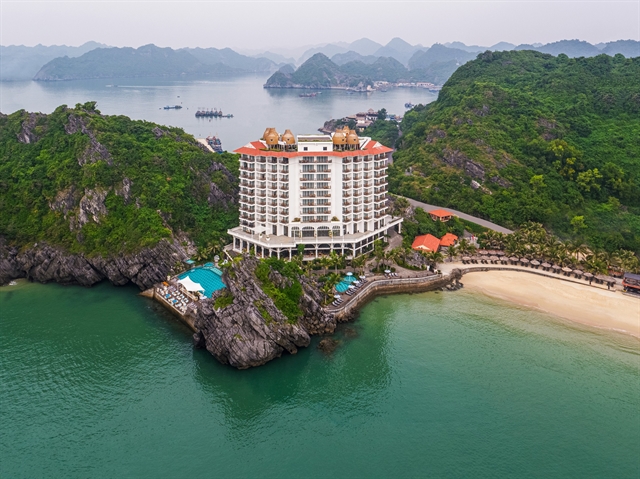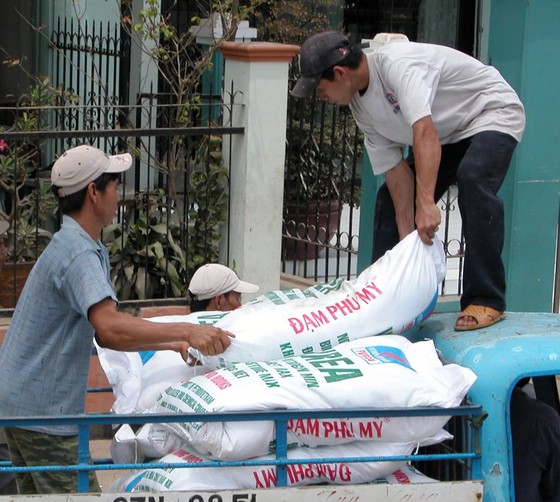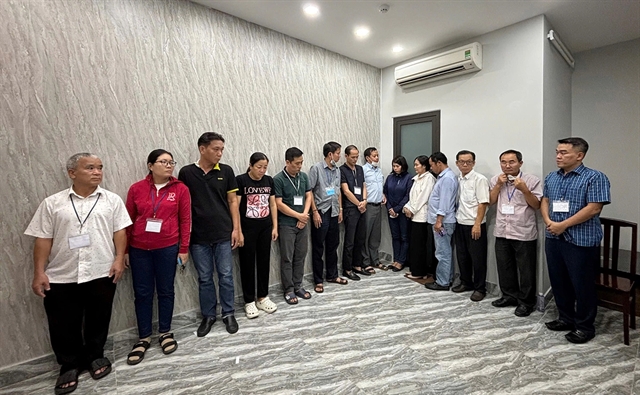 Economy
Economy

Fertiliser prices in the Mekong Delta have been increasing from the beginning of this year and are forecast to jump further in the remaining months due to the price of imported raw materials and difficulties in transport due to the COVID-19 pandemic.

|
| Fertiliser prices have increased, causing difficulties for farmers in the Mekong Delta. Photo sggp.org.vn |
HCM CITY — Fertiliser prices in the Mekong Delta have been increasing from the beginning of this year and are forecast to jump further in the remaining months due to the price of imported raw materials and difficulties in transport due to the COVID-19 pandemic.
The main factor pushing up prices is higher costs to hire shipping containers, while imported fertilisers, such as diammonium phosphate (DAP), mono-ammonium phosphate (MAP) and urea, are mainly transported on containers.
Currently, the cost to hire shipping containers has increased five times compared to the previous year.
The price of raw materials has risen on the world market, so the price of domestically made fertiliser products has also soared, according to the Ministry of Industry and Trade's Chemical Department.
Prices of domestically produced fertilisers have soared 24.3-83.7 per cent, and those of imported products have risen by 50-70 per cent.
According to the Ministry of Agriculture and Rural Development's Plant Protection Department (PPD), prices of the main raw materials for fertiliser production have advanced sharply in the past seven months.
Specifically, Cà Mau urea increased by 72 per cent from VNĐ6,800 per kilo to VNĐ11,700 per kilo. DAP Đình Vũ fertiliser rose by 67.3 per cent from VNĐ8,550 to VNĐ14,300 per kilo.
Explaining the reason for the increase, experts said that prices of input materials for fertiliser production had risen.
Sulfur rose over 200 per cent compared to the lowest point in 2019 and ammonia increased by nearly 200 per cent, followed by single fertilisers such as urea, DAP, superphosphate and others.
Rising oil prices and a shortage of empty containers may have caused freight rates to escalate three to five times.
Those factors are possibly the main reasons for fertilisers to have become more expensive over the past time, according to the PPD.
Due to the COVID-19 pandemic, there was a serious shortage of containers, meaning the cost of transporting containers increased by up to five times. — VNS




